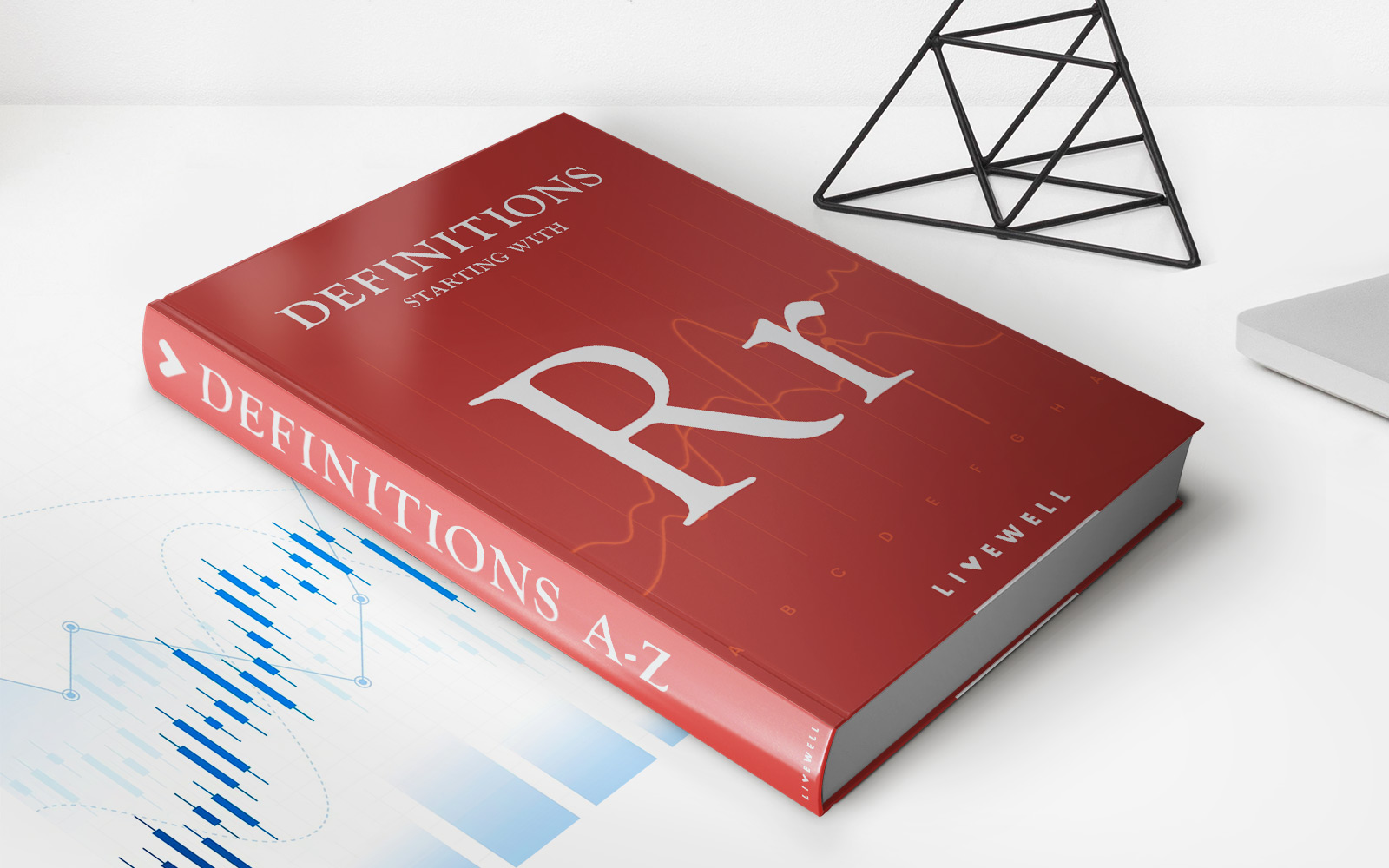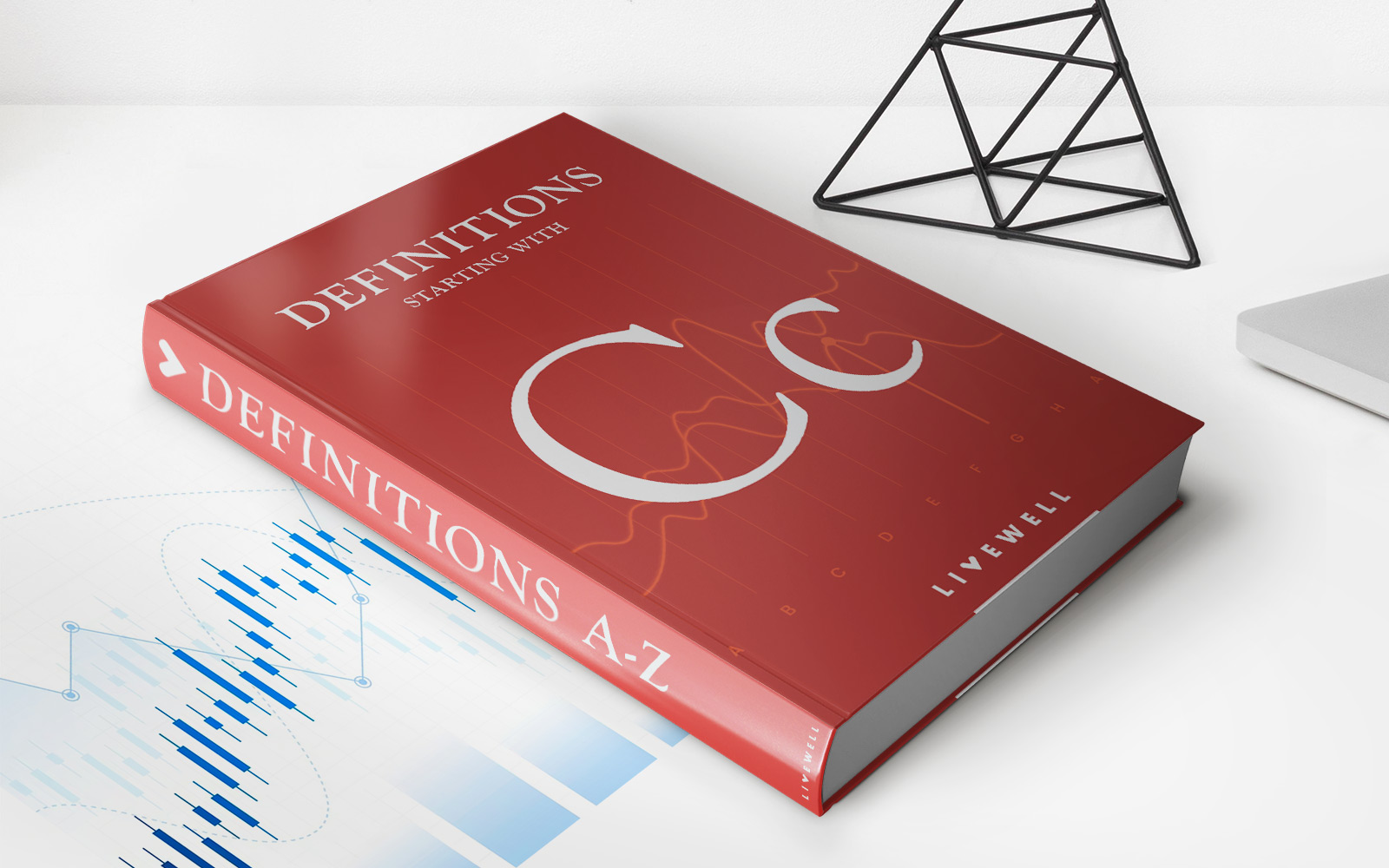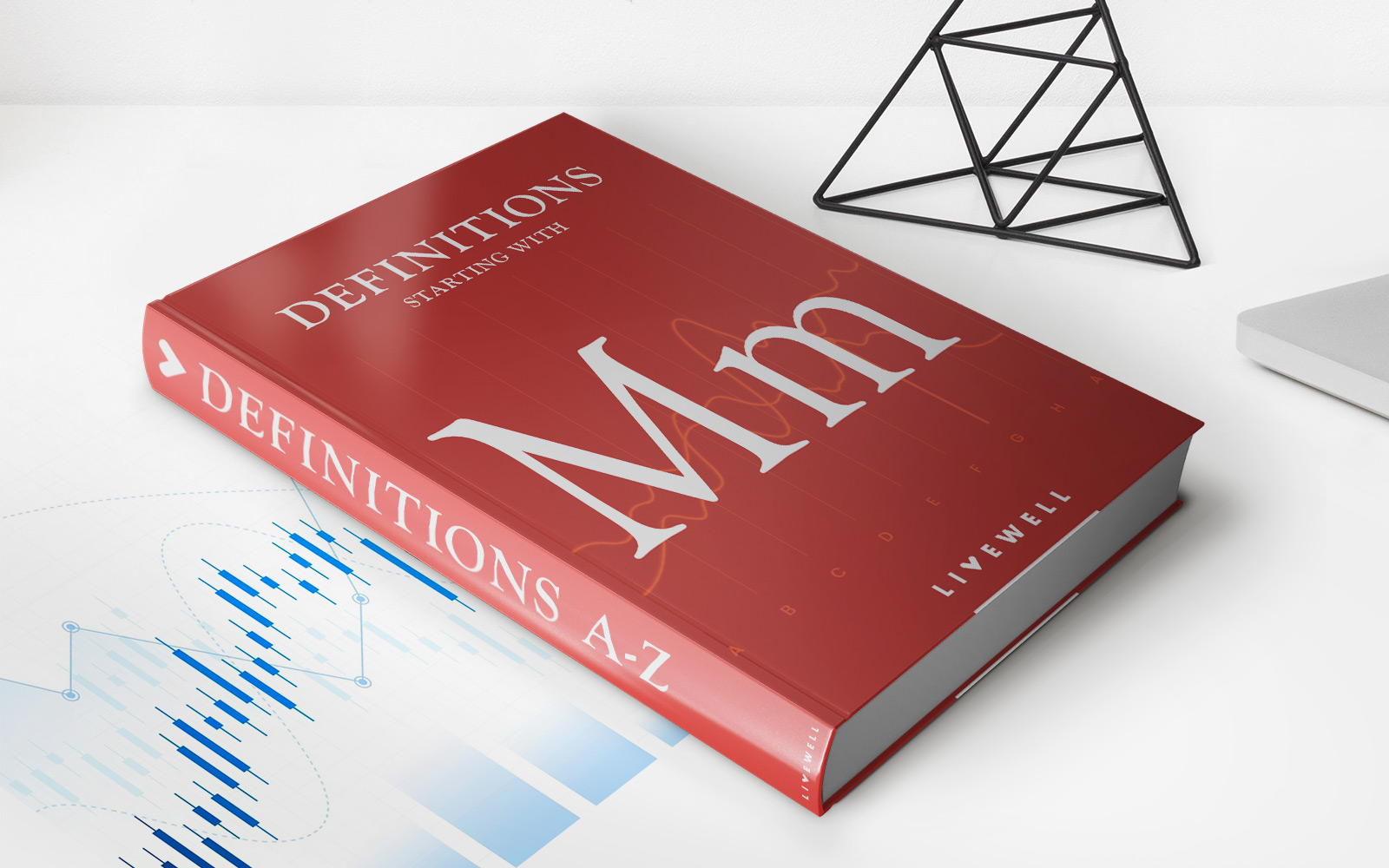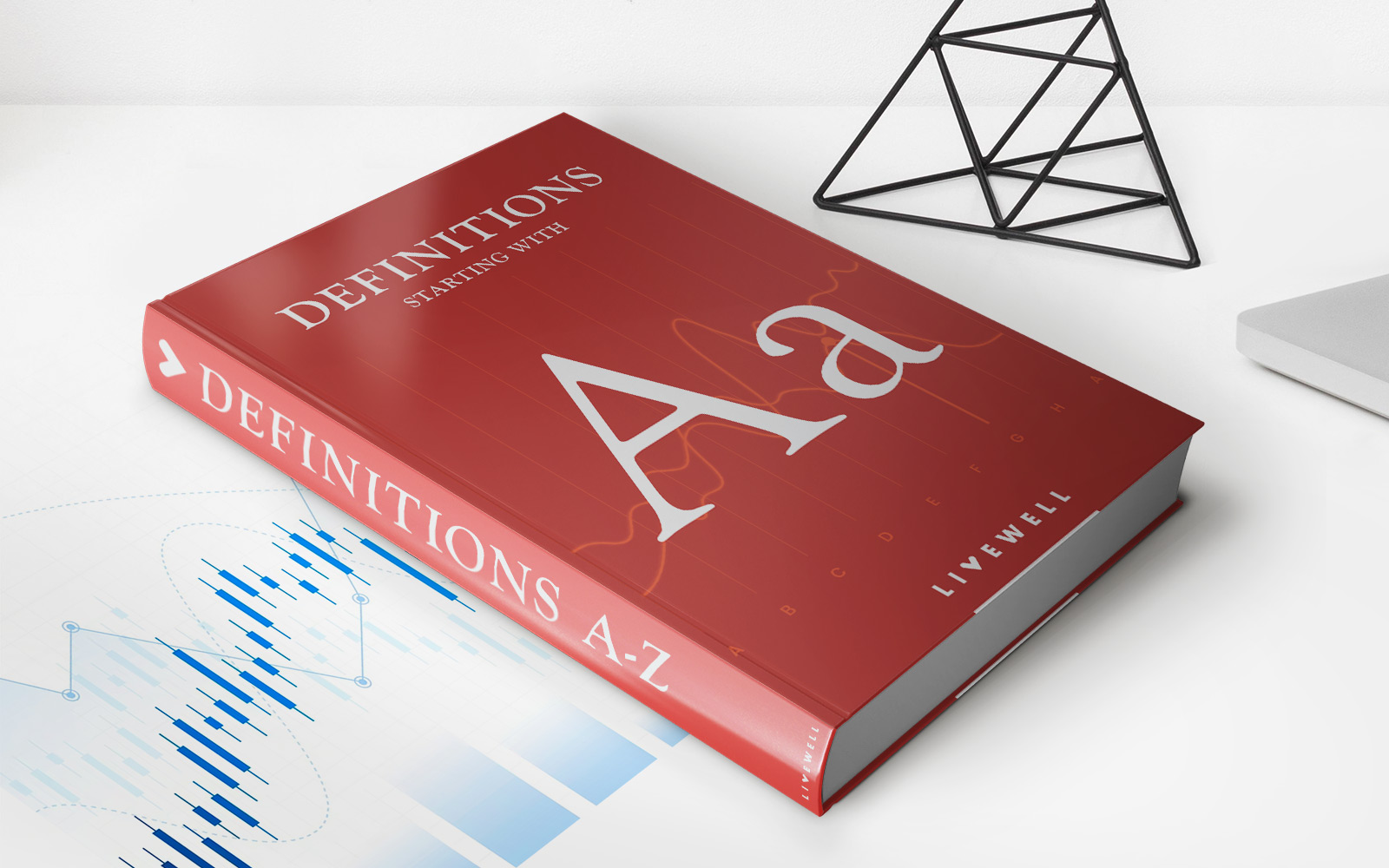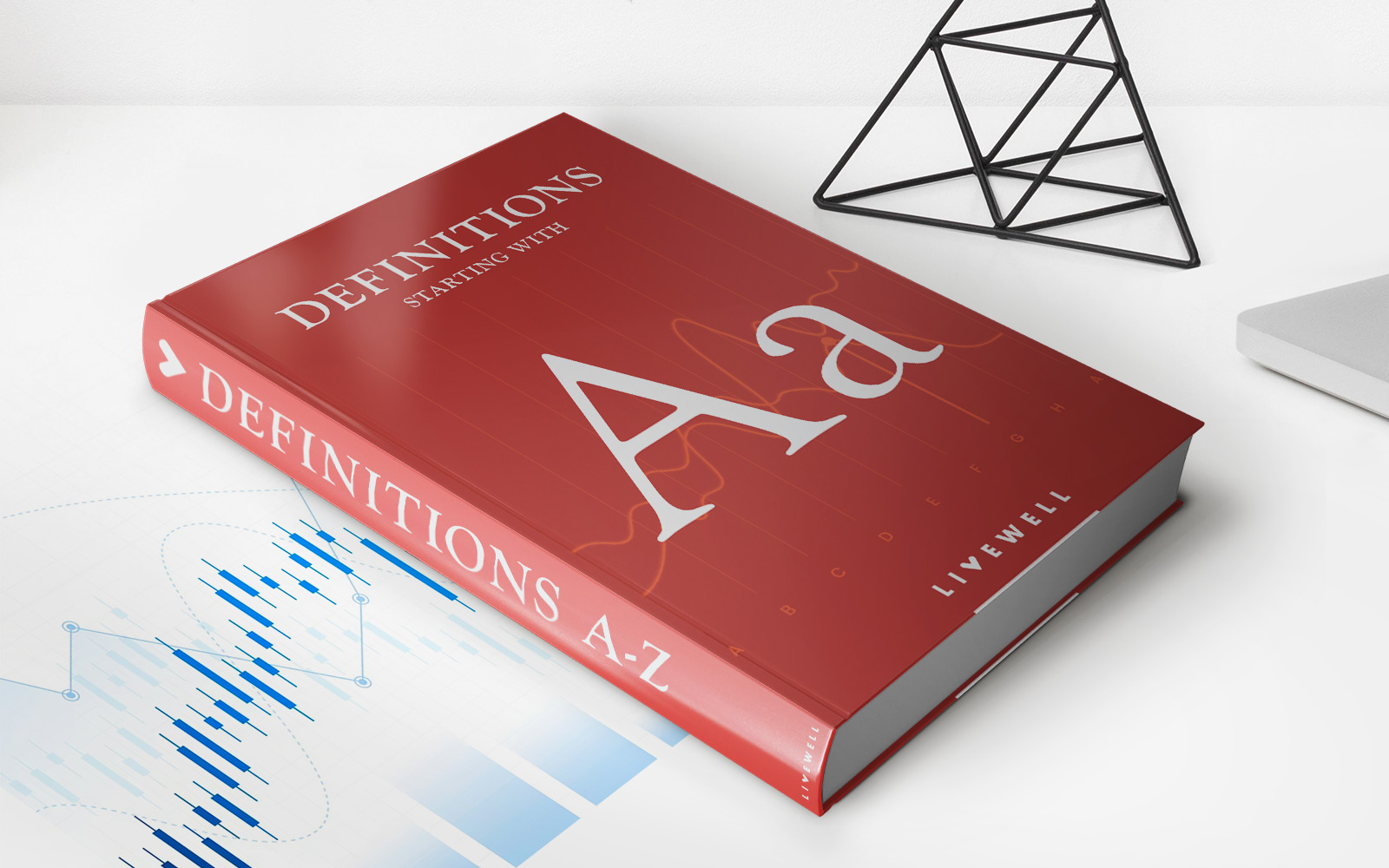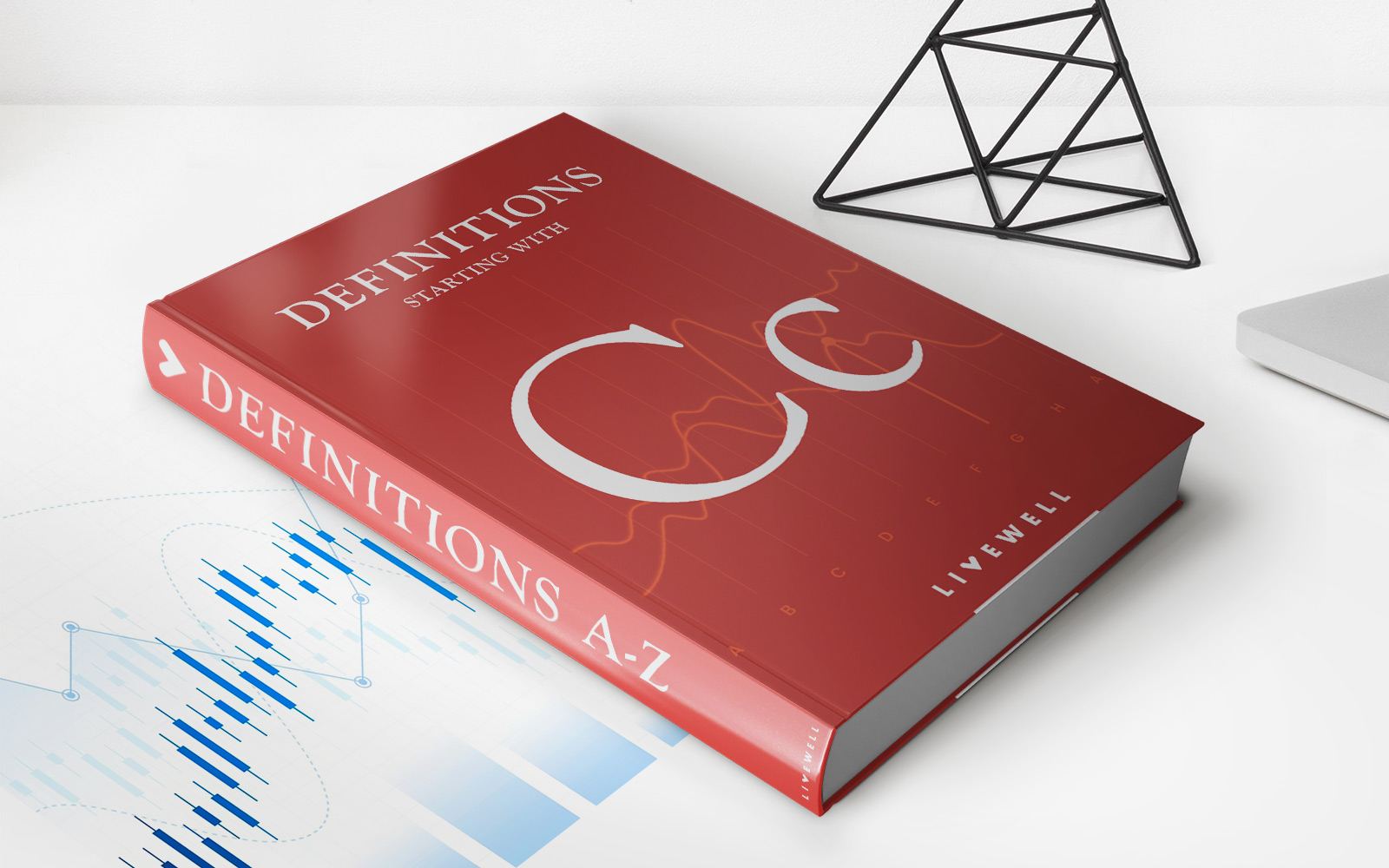Home>Finance>Historical Cost: Definition, Principle, And How It Works


Finance
Historical Cost: Definition, Principle, And How It Works
Published: December 5, 2023
Learn the definition, principle, and workings of historical cost in finance. Gain insights into its role in accounting and financial reporting.
(Many of the links in this article redirect to a specific reviewed product. Your purchase of these products through affiliate links helps to generate commission for LiveWell, at no extra cost. Learn more)
Understanding Historical Cost: An Essential Principle in Finance
When it comes to managing your finances, understanding the various concepts and principles is crucial. One such fundamental principle in the world of finance is Historical Cost. In this blog post, we will explore what Historical Cost is, how it works, and why it is essential for both individuals and businesses.
Key Takeaways:
- Historical Cost is an accounting principle that states that assets should be recorded at their original cost at the time of acquisition.
- This principle provides a reliable and verifiable basis for financial reporting and ensures transparency in financial statements.
So, What Exactly is Historical Cost?
Historical Cost is an accounting principle that dictates that assets are recorded in financial statements at their original cost at the time of purchase or acquisition. This means that assets are initially valued based on the amount of cash or its equivalent exchanged for them at the time of the transaction.
Historical Cost provides a reliable and objective way to measure and report on financial transactions. It ensures that financial statements accurately reflect the value of assets at the time of acquisition, allowing for transparency and clarity.
How Does Historical Cost Work?
To understand how Historical Cost works, let’s consider an example:
Imagine you purchase a piece of machinery for $10,000 to enhance your business operations. According to the Historical Cost principle, you would record the machinery on your balance sheet at its original cost of $10,000.
Over time, the value of assets can fluctuate due to various factors such as inflation, market conditions, or wear and tear. However, under the Historical Cost principle, these changes in value are not reflected in the financial statements unless the asset is sold or disposed of.
This approach may seem simplistic, especially in today’s rapidly changing economic environment. However, it provides a consistent and reliable measure of an asset’s value at the time of acquisition, ensuring accuracy and comparability across financial reports.
Why is Historical Cost Important?
Historical Cost is an important principle in finance for several reasons:
- Reliability: The principle of Historical Cost provides a reliable and verifiable basis for financial reporting. By recording assets at their original cost, it eliminates subjectivity and ensures consistency in financial statements.
- Transparency: Historical Cost enables users of financial statements to understand the value of assets at the time of acquisition, promoting transparency and accountability in financial reporting.
- Comparability: Since Historical Cost provides a consistent measure for assets, it allows for meaningful comparisons across different periods and companies. This comparability enables investors, analysts, and other stakeholders to make informed decisions.
- Taxation and Regulations: Historical Cost is often used for tax purposes and regulatory compliance. Many tax authorities and regulatory bodies require businesses to report financial information using the Historical Cost principle.
By adhering to the Historical Cost principle, businesses and individuals can ensure accurate and reliable financial reporting, offering a solid foundation for decision-making and analysis.
In Conclusion
Historical Cost is a fundamental principle in finance that provides a reliable and verifiable basis for measuring and reporting assets’ value at the time of acquisition. It promotes transparency, comparability, and accountability in financial reporting, ensuring accurate and meaningful information for informed decision-making.
So, whether you are an individual looking to manage personal finances or a business aiming for financial success, understanding and applying the concept of Historical Cost is essential for sound financial management.
